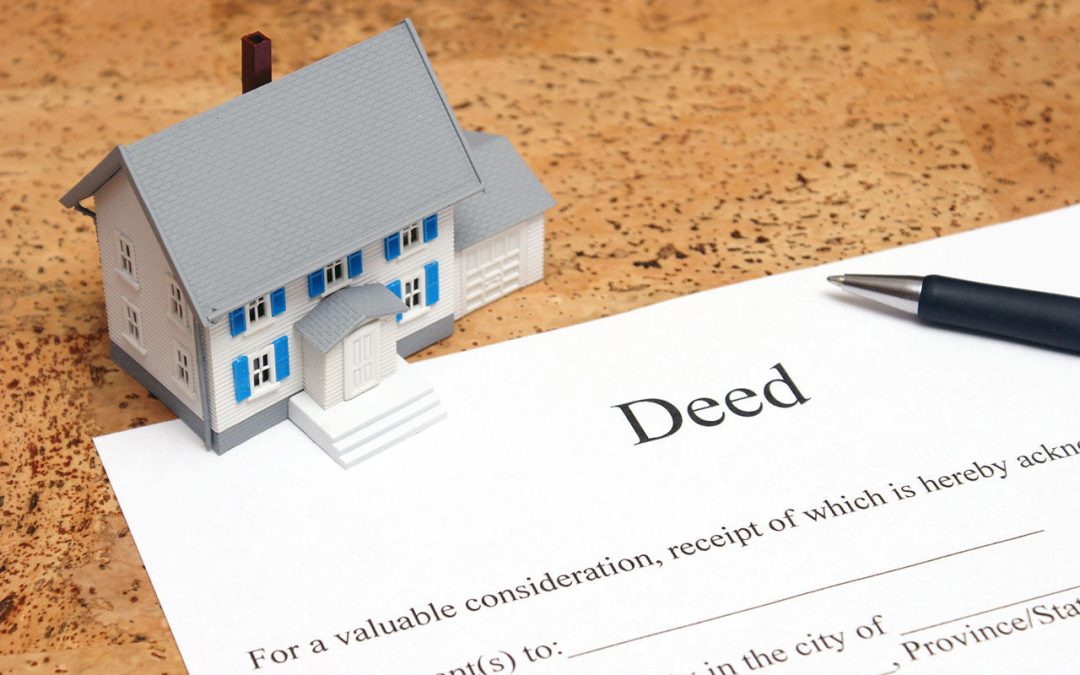A new year and a new chance to change your financial situation. Whether you have a little or a lot, we have 10 Ways to Save Money in 2021 that will leave you with extra cash to save, spend or invest this year.
We know, it’s not the most popular thing to do, but it’s an important one. The only way to save money is to know where you’re spending it – and that’s what a budget allows you to do.
Having all of your income and expenses on paper allows you to identify where your money is going and where you could save money each month.
One commonly used budget rule is the 50/20/30 rule, which states that 50% of your income should go to essentials like rent and food, 20% of your budget should go to savings and 30% should go to personal expenses such as entertainment and clothing.
Keep in mind that everyone’s budget is different and you need to find what works best for you.
Thinking about a big purchase? Give yourself 30 days to think about it.
It’s easy to spend hundreds or even thousands of dollars on an impulse purchase, only to regret it later.
Whilst this doesn’t work for everything, it certainly works for big ticket items – like that new TV you want – and also gives you a chance to put some extra money towards it.
- Refinance Your Loan to Save Money Every Month!
New year, new lender. Simply refinancing your home loan could save you thousands over the life of your loan.
With record low home loan rates, lenders are competing to get your business and the offers they are presenting are worth taking advantage of.
For example, take a look at how Sanford Finance clients John and Lara saved when switching from their previous lender to a new lender with a low fixed rate of 1.89%.
John and Lara also received a $3,000 cash back to cover refinancing costs, saving them even more.
All Sanford Finance clients have their loans reviewed annually to ensure they’re getting the best rate and have a loan that suits their needs. This means you don’t have to think about refinancing and our team is working behind the scenes to make sure you’re never paying too much for your loan.
- Opt for Quality over Quantity
Everyone loves a bargain, but sometimes that bargain ends up costing you more money.
Think about purchasing quality items that will last you longer, rather than cheaper alternatives you will need to replace sooner.
We talked about switching lenders, but also think about switching other providers too.
Health insurance, home insurance, car insurance, electricity and gas are just some of the bills you’re probably paying each month without thinking about – but you could save hundreds of dollars a year just by switching providers.
Shop around and look for a better deal with other providers. Websites like iSelect and Compare the Market make it easy for you by comparing a range of providers and presenting you with the best options for your needs.
Give yourself an incentive to save.
Set a goal, whether it’s a certain amount to add to your savings or an item or holiday you’re longing for, and work towards it week by week.
Lighting accounts for 10% of a typical household’s energy bill, meaning that choosing energy efficient light bulbs can save you hundreds of dollars each year.
For an average home, LED lights cost just $4 a year to run (per light). Halogen lights, however, will cost around $253 per year in running and replacement costs.
With the average Australian home having 37 lights, that’s an average saving of $9,213 a year.
Whilst LED bulbs are more expensive than halogen lights, they last at least 5 times longer than halogen bulbs and cost significantly less to run.
“What’s for dinner?”. It’s the question that pops into most of our heads between 4-6pm. Meal planning not only stops that question – but can save you money too.
Each week, write out a plan for what you’re going to eat for the week, taking advantages of supermarket specials and what you have in the fridge or pantry.
By having a meal plan and a grocery list, you’ll find you spend less money on groceries each week and waste less food.
Bet you didn’t see that one coming! Did you know that properly inflated tires can increase your fuel economy by over 3%? That adds up if you’re commuting to and from work or activities.
Sticking with the car theme, do you ever think about how much money you’re spending on fuel? Sites like MotorMouth and the ACCC’s Petrol Price Cycles page will keep you informed on current petrol prices and where you can find cheaper options near you.
Have a financial goal you’re working towards?
Whether you’re hoping to invest or buy your first home, the Sanford Finance team is here to help. Contact Us to find out more.






